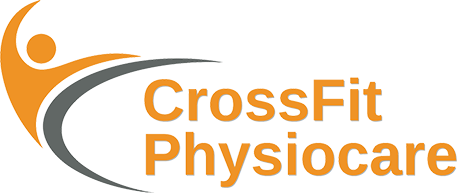
Scapular Pain
Scapular pain refers to discomfort or pain in the scapula, which is the triangular bone located on the upper back. The scapula, commonly known as the shoulder blade, plays a crucial role in the movement and stability of the shoulder joint. Scapular pain can result from various factors, including muscle strain, injury, posture issues, and underlying medical conditions.
Common Causes of Scapular Pain:
Muscle Strain or Tension: Overuse, poor posture, or muscle imbalances can lead to strain in the muscles surrounding the scapula, causing pain and discomfort.
Rotator Cuff Issues: The rotator cuff muscles and tendons support the shoulder joint. Inflammation or tears in these structures can lead to scapular pain.
Shoulder Impingement: When the space between the top of the humerus (upper arm bone) and the acromion (part of the scapula) narrows, it can cause pain with certain movements.
Nerve Compression: Nerves that run near the scapula can become compressed, leading to pain that may radiate to the scapular area.
Poor Posture: Slouching or sitting with rounded shoulders can strain the muscles around the scapula, leading to pain.
Fractures or Injuries: Trauma or fractures to the scapula or nearby bones can cause acute pain.
Management and Relief of Scapular Pain:
Rest and Avoidance of Aggravating Activities: Resting the affected area and avoiding activities that worsen the pain can promote healing.
Posture Correction: Maintain good posture, especially while sitting and using electronic devices.
Stretching and Range of Motion Exercises: Gentle stretches and exercises can help improve flexibility and alleviate muscle tension.
Strengthening Exercises: Targeted exercises can strengthen the muscles of the upper back, shoulder, and neck, improving stability.
Physical Therapy: A physical therapist can provide a personalized exercise program to address muscle imbalances and improve scapular movement.
Heat or Cold Therapy: Applying heat or cold packs can help reduce pain and muscle tension.
Pain Relievers: Over-the-counter pain relievers or anti-inflammatory medications can provide temporary relief.
Professional Evaluation: If the pain is severe, persistent, or interfering with daily activities, consult a healthcare provider for an accurate diagnosis and appropriate treatment recommendations.
Remember that the appropriate treatment for scapular pain depends on the underlying cause. It’s important to address any concerns with a healthcare provider to receive proper guidance and management tailored to your specific situation.
- Daani Plaza E-595-596, 4th Floor, Ramphal Chowk Rd, Block E, Sector 7 Dwarka, New Delhi - 110075
- +91 99996 26251
- support@crossfitphysiocare.com
How can we help you?
If you are looking for the best and nearest physiotherapist, then click below to message us on WhatsApp.
